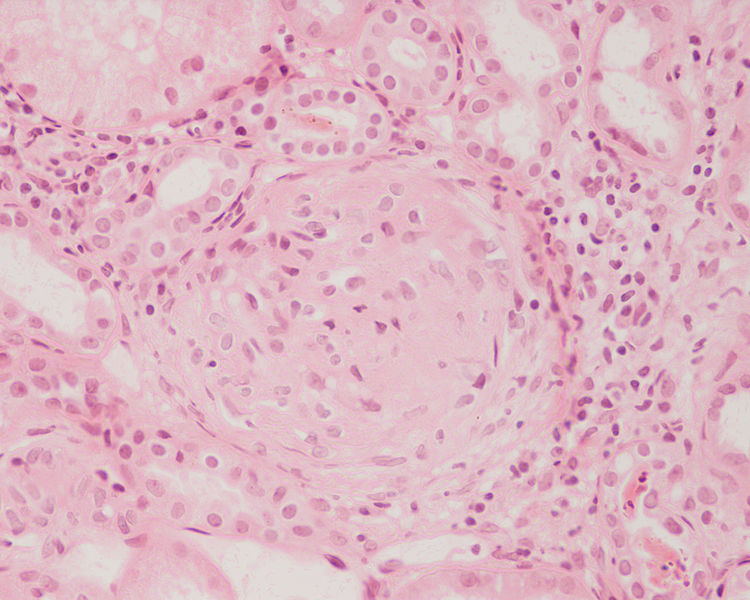
Physicians at Kennedy Krieger Institute recommend that children with autism receive screening for abnormally high or low cholesterol levels at least once during their childhood, as autism is a risk factor for cardiovascular disease in both children and adults.
The recommendation resulted from a recent study that found reduced levels of high density lipoprotein cholesterol (HDL-C), known as the good cholesterol, in individuals from families with two or more children with autism . In addition, they found reduced or elevated levels of other lipids, apolipoprotein A1 (ApoA1) and apolipoprotein B (ApoB). Individuals with low HDL-C levels or ApoA1 levels had lower adaptive functioning than other individuals with autism.
“This latest research is part of our ongoing work to understand some of the co-occurring conditions with autism,” said Elaine Tierney, MD, a child and adolescent psychiatrist with Kennedy Krieger Institute. “Our work indicates that lipids are abnormal in many individuals with autism . Our findings, in addition to studies that show an increase in heart disease in individuals with autism, lead us to recommend that children with autism be screened for abnormal total and HDL cholesterol levels. We hope our work underscores the importance of cholesterol screening and raises awareness for families in the autism community.”
Prior to the completion of this research, Dr. Tierney and her colleagues identified that Smith-Lemli-Opitz Syndrome (SLOS), a genetic condition of impaired cholesterol biosynthesis, is associated with autism. A 2007 study completed by her and other researchers led to a recommendation that all children with autism be screened for SLOS if they exhibit some of its characteristics, such as slow growth, microcephaly, mental retardation and other birth defects, although the severity of this rare disease can vary.
As an extension of this latest study, Dr. Tierney and researchers with the Department of Genetics, Genomics and Informatics at the University of Tennessee Health Science Center are performing analyses of whole genome sequencing data with study participants to determine if there are lipid-related genetic alterations in patients with autism and abnormal lipid levels. A next step for the research team is to study populations of individuals who have only one person in their family with autism to see if the abnormal cholesterol and other lipid levels are different in those families than they are in families with at least two individuals with autism .